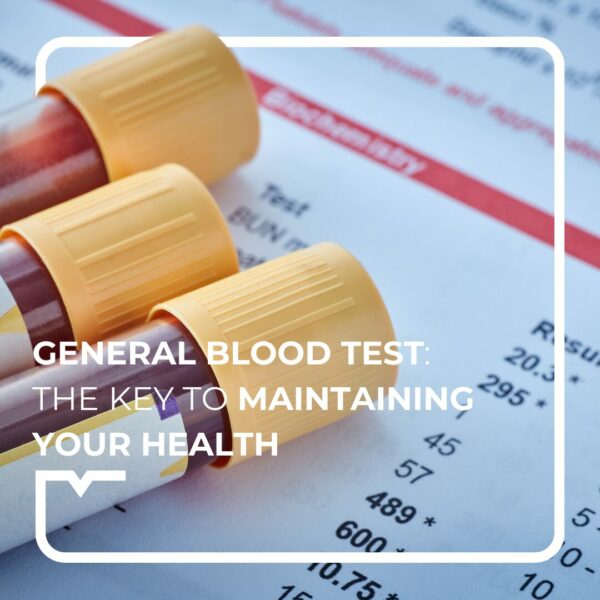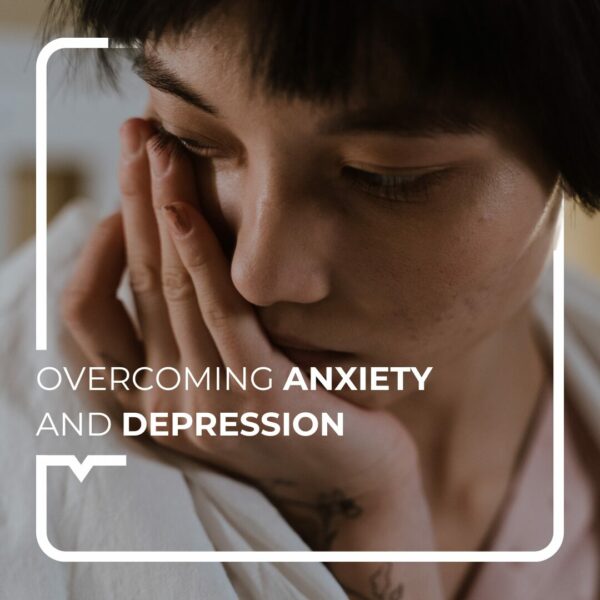Western-style food is heavily influenced by globalization and the behaviors that go with it. Food, whether in season or not, is in profusion in the supermarkets. On our plates, the proportions are disproportionate and the foods are not adapted to our needs – too many carbohydrates, sugars, animal proteins – many foods are irritating, because they are too fatty, too heavy, too chemical (because of their composition or their treatment). It is not uncommon to hear that people around us suffer from regular abdominal pain stomach aches, long or painful digestion, or the impossibility of consuming certain food families (gluten, lactose, etc.).
Where does abdominal pain come from?
Where do these recurring pains come from? What are they due to? Is our dysfunctional diet the only thing to blame? How can we overcome this discomfort?
The first step is to find the origin of the abdominal pain. The fact that it belongs to a specific organ would narrow down the field of possibilities regarding the cause of the patient’s pain. Depending on its position, it may be abdominal pain with digestive, gynecological, urinary, etc. symptoms. A physical examination by a general practitioner is, therefore, necessary so that he or she can direct you to the appropriate treatment or the specialist in question. The recurrence or not of the symptoms as well as their intensity is also of interest to the practitioner.
The diseases that cause stomach pain
Today we are particularly interested in gastric and intestinal diseases. They are most often linked to inappropriate eating habits, specific sensitivities from the patient to certain foods or deleterious habits. A complex intestinal microbiota could be involved in the disruption of the intestinal flora. These pains are often summarised by discomfort during digestion. This discomfort can be expressed by an abnormally accelerated transit, an increase in the frequency of stools, flatulence, bloating and other discomforts in the stomach area.
- Several major gastroenterological pathologies can cause this discomfort; first of all can be gastroesophageal reflux disease or GERD. This is when part of the stomach’s contents flow back into the esophagus. This is due to a failure of the muscle that is supposed to close this part of the digestive tract. Heavy meals, smoking, and alcohol are all factors that can cause this condition. It does not necessarily lead to acid burn, but can only be expressed as recurrent and intense pain and cramps.
- It may also be a hiatal hernia, which is an abnormal protrusion of a portion of the stomach through the diaphragm. This passage occurs when the fixation of the stomach and lower oesophagus fails.
- A common cause of consultation in the 21st century is gastritis, an inflammation of the stomach lining. This condition, which is increasingly present in our Western societies, is a direct consequence of our lifestyles. Too much stress, poorly adapted food, non-steroidal anti-inflammatory drugs (NSAIDs) or corticosteroids (taken over a long period of time), smoking or alcohol. These factors weaken the mucous membrane of the stomach and encourage the appearance of gastritis.
But also…
- An ulcer can also explain abdominal pain. If the ulcer can be of several natures. We speak here about the peptic ulcer located in the stomach or the duodenum. The Helicobacter Pylori bacterium is the main cause of ulcers in that it survives gastric acidity. The bacteria invade the mucus that normally protects the stomach and small intestine from acidity and disrupts this protective mechanism in some people.
- Finally, functional intestinal disorders can be one of the primary causes of abdominal pain. They are caused by a decrease or increase in intestinal motility (which is the ability to move food through the digestive tract). It is characterised by constipation or diarrhea, bloating, and other transit disorders. Occurring very regularly, in episodes and over several days, it id mostly called “irritable bowel syndrome” or “functional colopathy”.
Finally, functional bowel disorders can be one of the primary causes of abdominal pain. They are caused by a decrease or increase in intestinal motility (which is the ability to move food through the digestive tract). These disorders are most often characterised by constipation or diarrhoea, bloating and other transit disorders. Occurring very regularly, in fits and starts and over several days, these manifestations are characteristic of functional intestinal disorders, mostly expressed as “irritable bowel syndrome” or “functional colopathy”.
How to avoid abdominal pain?
As you can see, eating habits and lifestyle have a lot to do with the treatment of these diseases. One of the most important things to do is to adopt a balanced diet. Good dietary habits include avoiding eating too much food or too much fat, spicy food, soft drinks, coffee, alcohol, and chewing gum. This is a non-exhaustive list of the main intestinal irritants. Eating at regular times is also important.
Along with a healthy diet, a healthy lifestyle, in general, is also important. Regular exercise can be a good remedy, as it helps to boost transit. The contraction of the intestinal muscles favors the absorption of nutrients by the intestine and therefore good digestion.
Persistent stomach aches: The rigth things to do
If the symptoms persist, two examinations can be carried out by a health practitioner to go further in their analysis of the pain. The most classic is gastric endoscopy, an examination that allows the interior of the upper digestive tract (esophagus, stomach, duodenum) to be visualized thanks to the introduction of a flexible tube called an endoscope. The other, which depends on the context and the age of the patient, is an abdominal ultrasound to check that the liver, pancreas, and gallbladder are doing well.
If you are suffering from bowel pain, do not hesitate to make an appointment with our specialist doctors at Alegria Medical Centre. Certain warning signs, such as weight loss, recent but persistent pain, fever, blood in the stool, and advanced age, should not be overlooked.
This information is not a substitute for medical advice. You must seek the advice of your doctor or another qualified health professional with any questions you may have regarding your health condition.
Find out about general medicine


